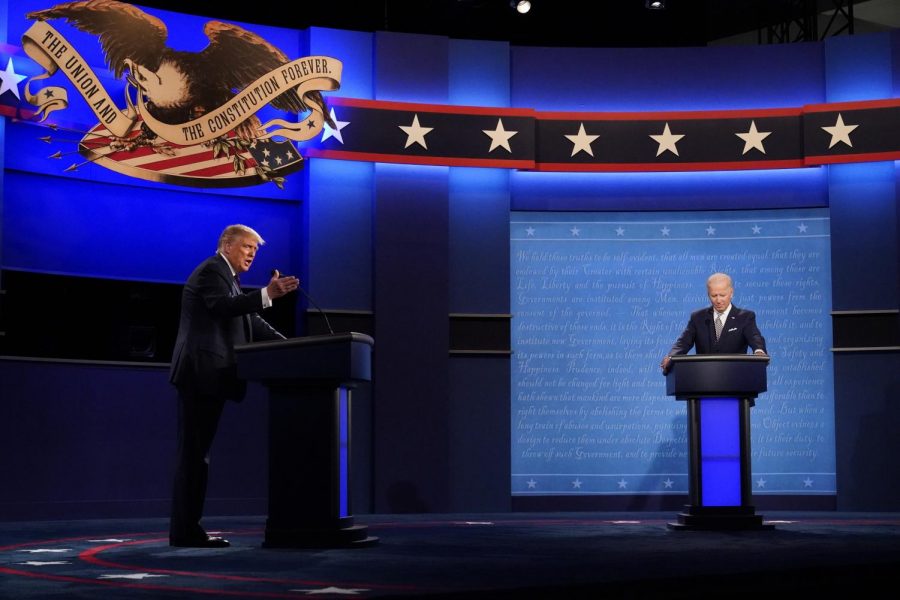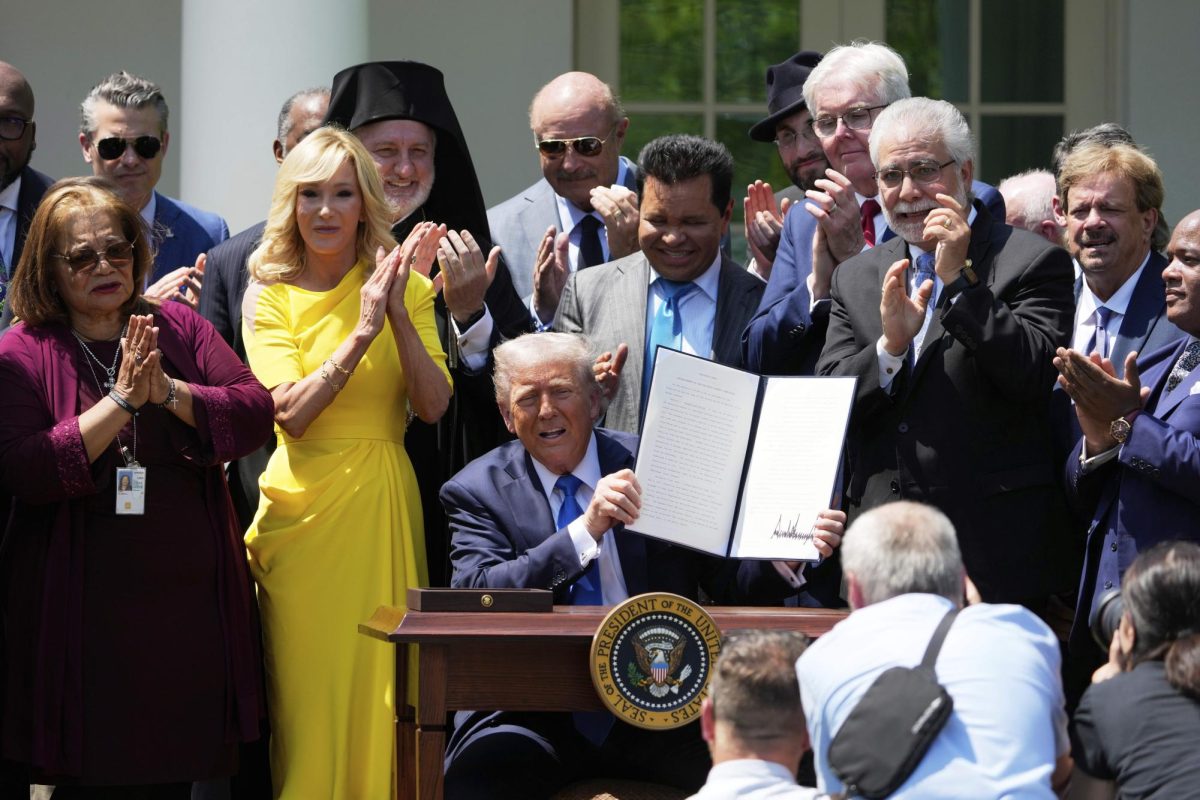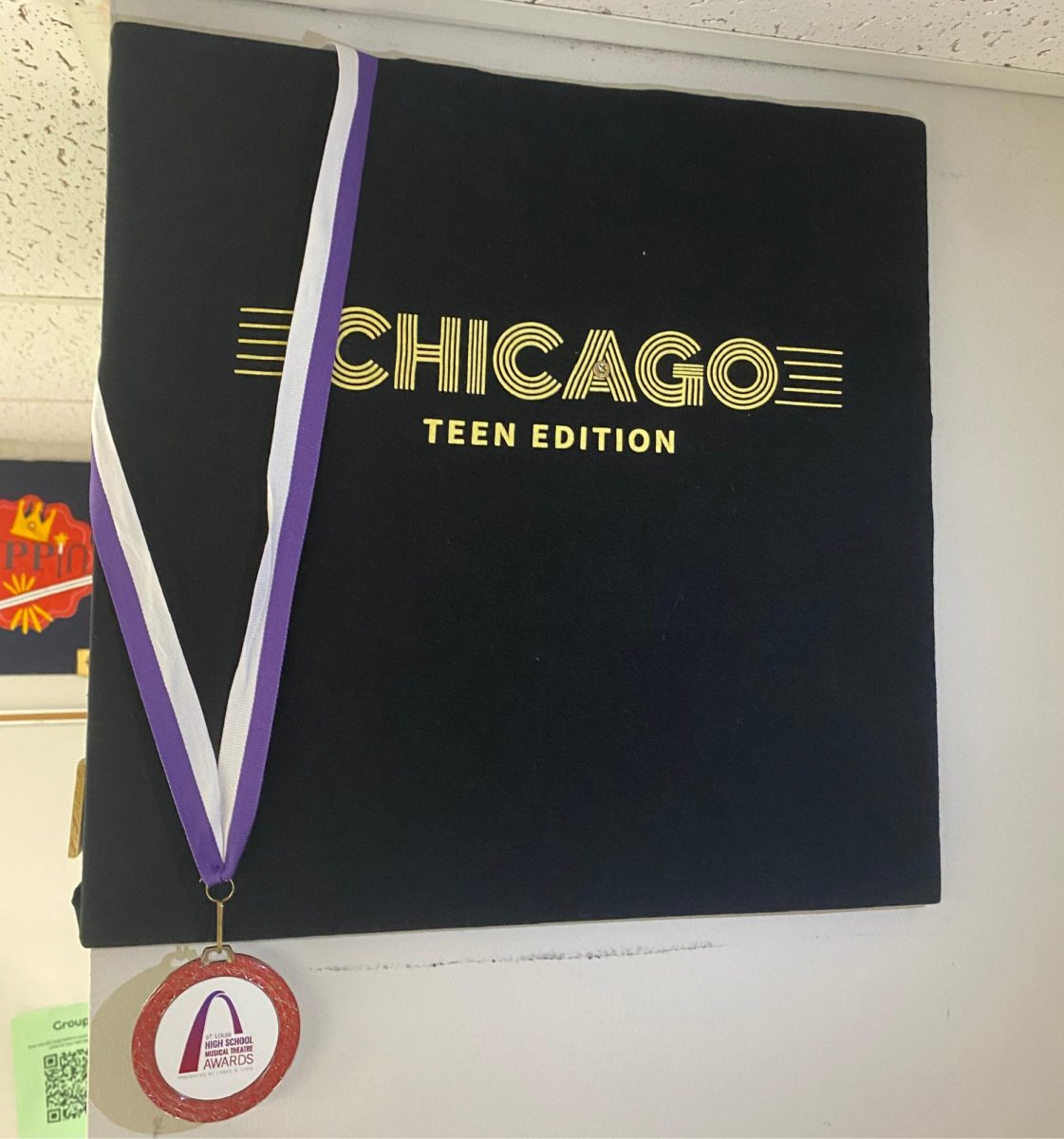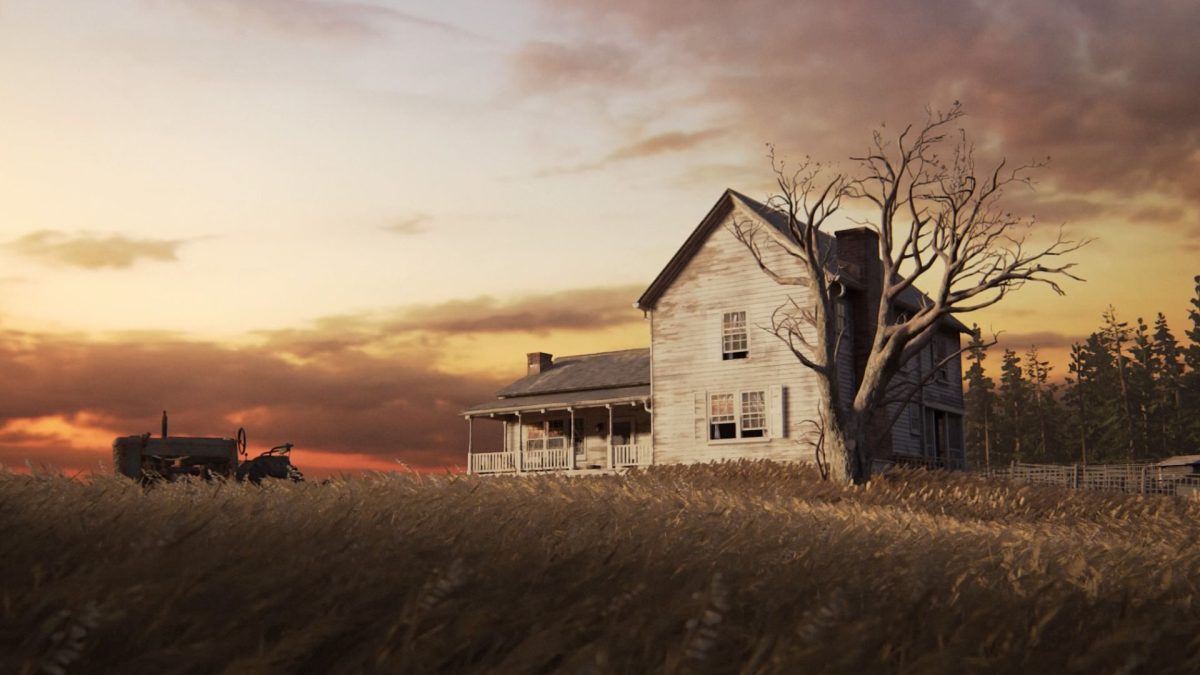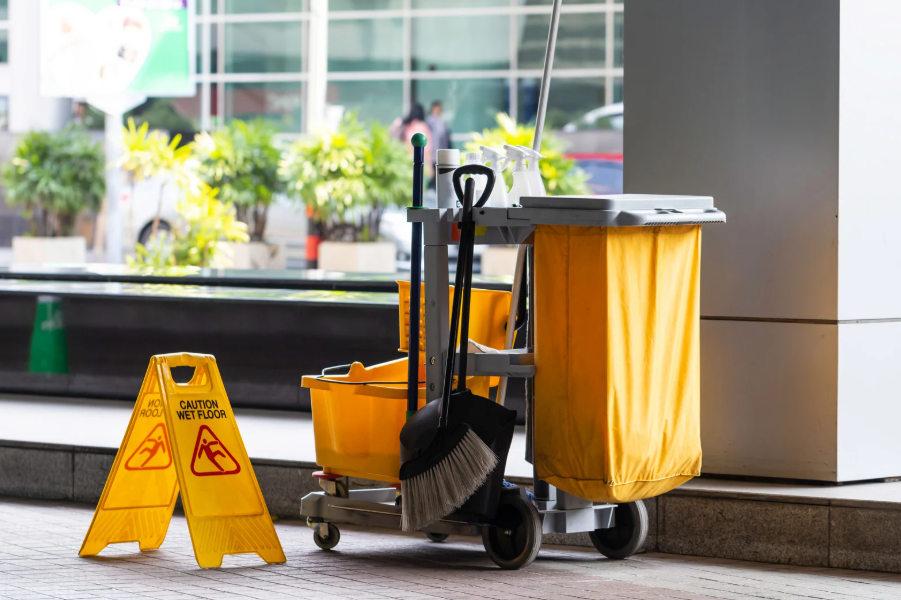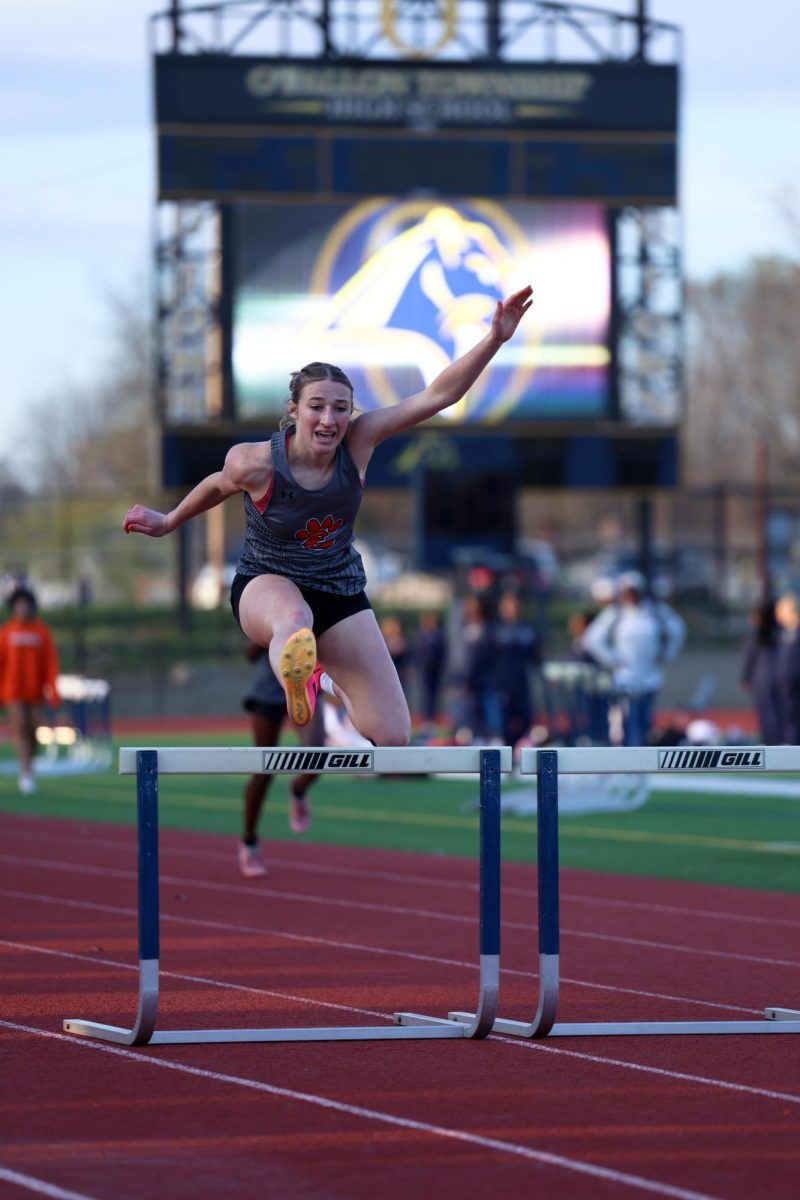Cancellation of Second Debate Causes Concerns for Undecided Voters
President Donald Trump and Democratic presidential candidate former Vice President Joe Biden during the first presidential debate Tuesday, Sept. 29, 2020, at Case Western University and Cleveland Clinic, in Cleveland, Ohio.
October 19, 2020
The second presidential debate between President Donald Trump and former Vice President Joe Biden, which was scheduled for Oct. 15, was canceled on Oct. 9 by the Commission on Presidential Debates.
This decision was made a little over a week after President Trump announced that he and his wife, Melania Trump, had contracted Covid-19.
The commission initially wanted to hold a virtual debate, but the Trump administration insisted that the second and third debates each be pushed back a week and held in person. Biden’s team rejected the offer, and after two days of arguments between both campaigns and the commission, the event was canceled.
As a result of the cancelation, both campaigns decided to hold town halls in place of the debate. The town halls aired simultaneously at 8 p.m. eastern time on Oct. 15; the Trump town hall aired on MSNBC and the Biden town hall aired on ABC.
Though the town halls helped give American voters more knowledge on each candidate, they did not have the perk of seeing the candidates debate important issues face to face. Many worry that this missing factor hurts those who remain undecided.
Senior McKenzie Jacober has already decided on who she will cast a ballot for, but she is concerned that the debate’s cancelation will affect those who are undecided.
“I feel like I’ve already made up my mind about who I support, and I don’t feel like another debate would’ve changed that,” Jacober said. “With the debate being canceled, though, the people who can’t decide who they want to vote for will have less information to go off of when voting.”
Senior Maria Araujo also has an idea of who she will be voting for, but she would have liked to have seen a second debate for reassurance on her decision. She thinks the cancelation affects undecided voters because several major topics were not covered in the first debate.
“The first presidential debate didn’t address many of the questions that many undecided Americans and I had,” Araujo said. “I’m disappointed [about the cancelation] because I know there were many topics that weren’t discussed during the first debate.”
Senior Eli Bland has already cast his ballot, and he believes that this cancelation will have a minimal effect because most Americans have made up their minds. Though he didn’t need a debate to make his decision, he would have liked to have seen how a Zoom-style debate would have worked.
“I would have watched it just to see if they actually would utilize the mute button in the Zoom call,” Bland said. “I have an inkling that’s one of the main reasons why Trump refused.”


